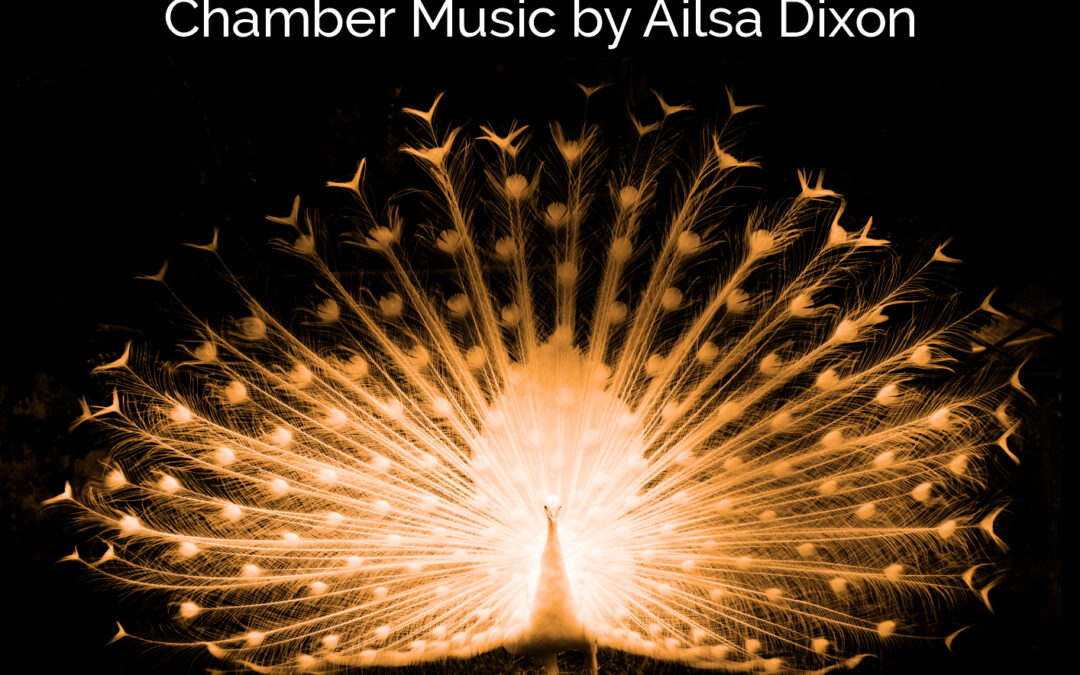Villiers Quartet
Lucy Cox soprano
Charlie Draper Ondes Martenot
Resonus RES10364
The story of Ailsa Dixon (1932 – 2017) is, sadly, not an unusual one. A composer of great promise, who happened to be a woman, studied at Durham University in the 1950s. She had to be content with a scant number of performances during her most fertile period of composition, which was the 1980s and 1990s. This was followed by several decades of complete neglect and one only need think of figures such as Ruth Gipps and Florence Price to be aware of the parallels.
Like Florence Price, her personal archive was discovered after her death. In the very year she died, her anthem These things shall be was chosen for a first performance by the London Oriana Choir. This performance seems to have reignited interest in her music, and there followed ‘a succession of posthumous premières’, as the liner note puts it.
There was no obvious way for Dixon to make her living as a composer, and she taught singing and later music appreciation, and gave song recitals. It is of significance that her first work for string quartet won the Kisch Prize, since this particular medium was to prove central to her writing. The so-called ‘lost Scherzo’, which is the fifth track on the disc indicates Dixon’s affinity with the medium, but also seems to bear traces of contemporary European works. The notes suggest Bartok as a possible influence and doubtless that is true, but in places I was reminded of Janacek, although given how comparatively unknown Janacek’s chamber music was in the mid-1950s, it is entirely possible that this was a coincidence.
The group of three songs which opens the disc makes one wish for further examples of her vocal writing. The text of the first one is by the composer, the second by Housman, and the third by F. W. Bourdillon. These are beautifully crafted miniatures, and they whet the listener’s appetite for a possible revival of Dixon’s opera Letter to Philemon (1984).
The final substantial item on the disc is a most unusual one; it is a set of Variations on Love Divine for string quartet. She takes John Stainer’s tune known under that title, and constructs a set of 19 variations which are also programmatic. The first three tracks are ‘In the Beginning was the Word’, ‘The Angel Gabriel visits Mary’ and ‘The Visitation of the Holy Spirit’ It concludes with ‘The Great and Terrible Day of the Lord’ and ‘The Song of Praise and the Dance of Joy’. The work begins with the first variation and without a statement of the theme, although in subsequent variations the thematic material becomes very clear. Most of the movements are less than one minute long, enough for one statement of the tune. It is a fascinating and many-facetted work and I would encourage you to take the opportunity to get to know Ailsa Dixon’s music. I found it a rewarding experience.
Review by Martyn Strachan

